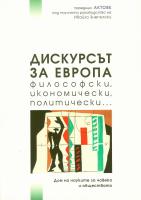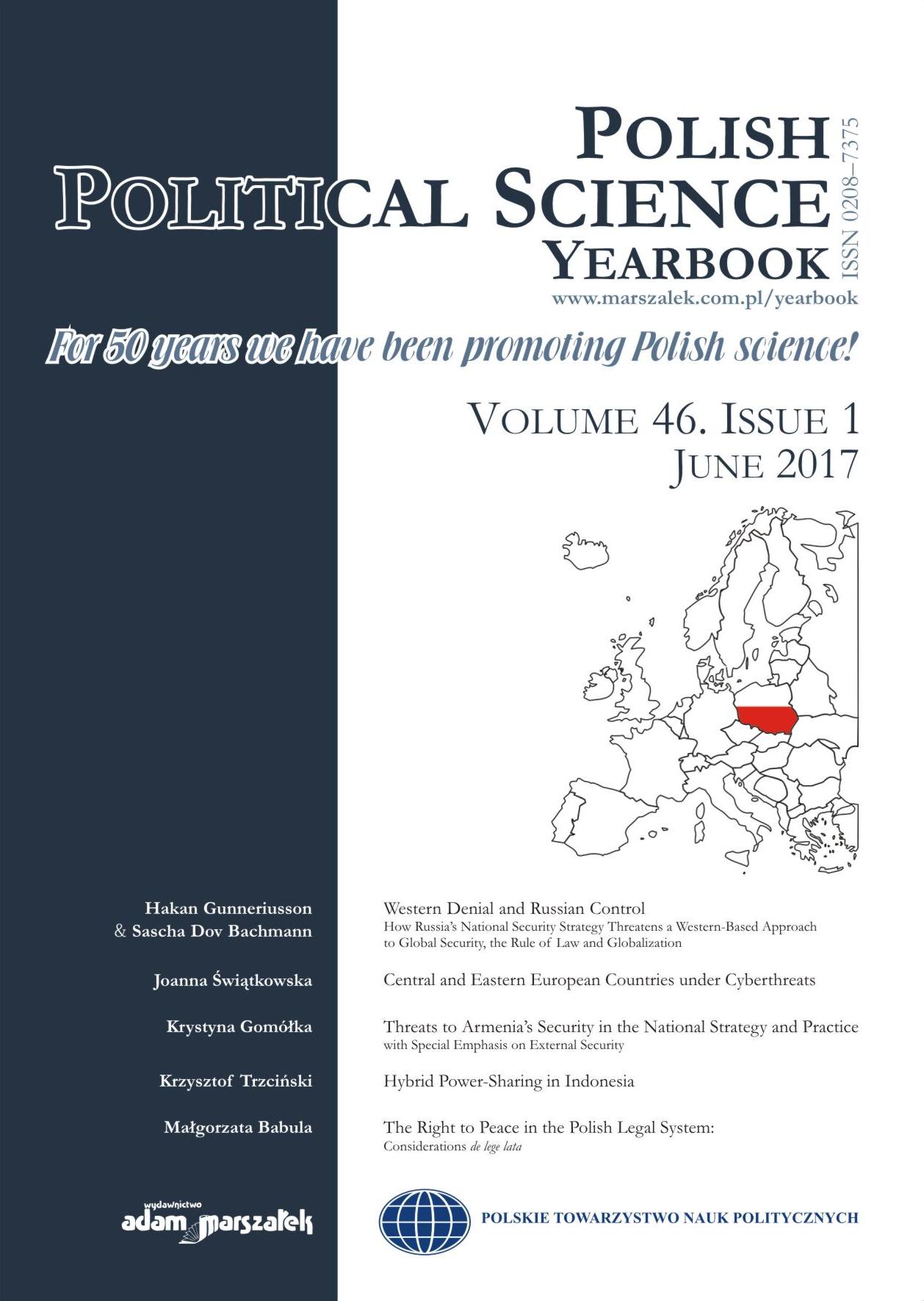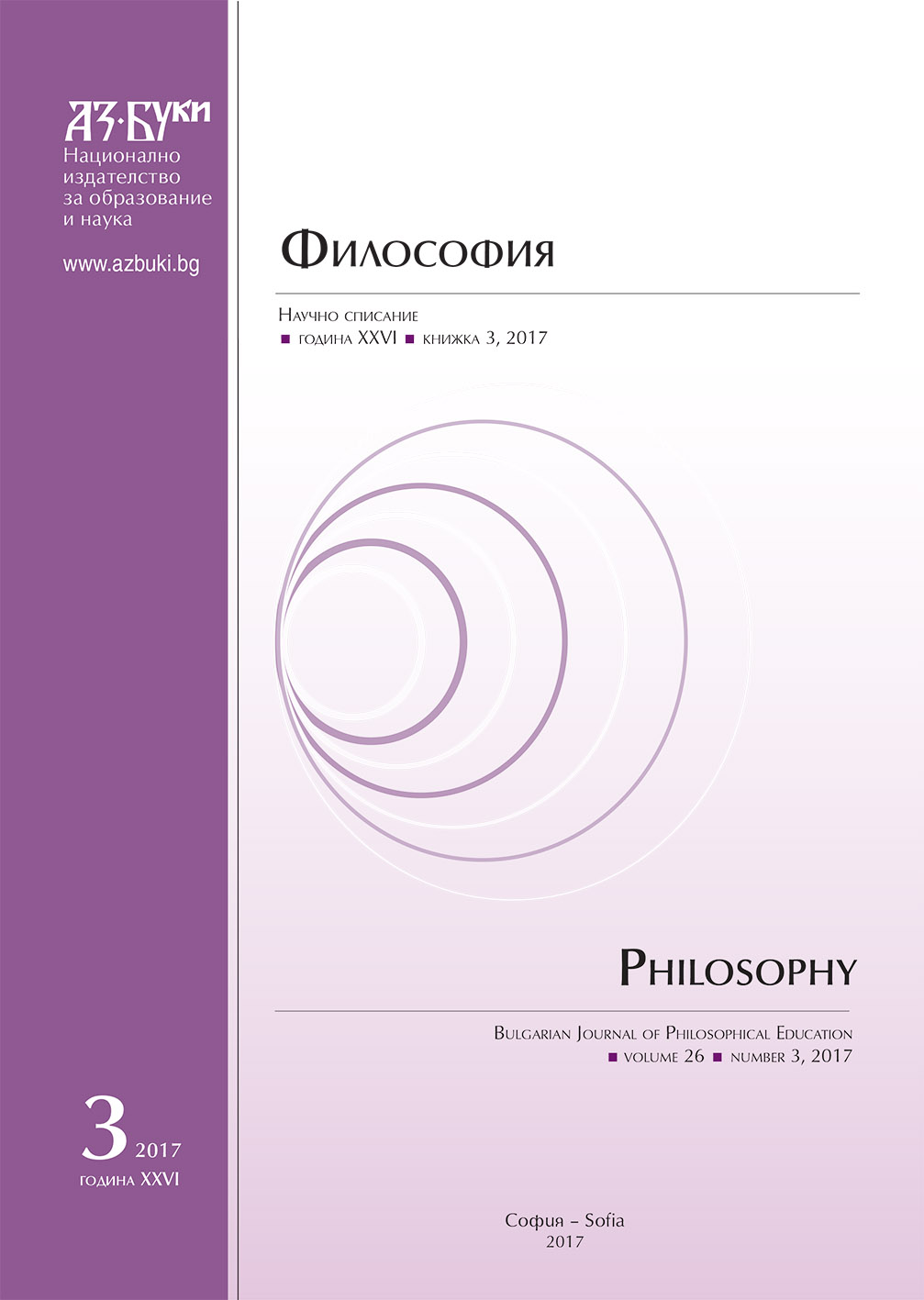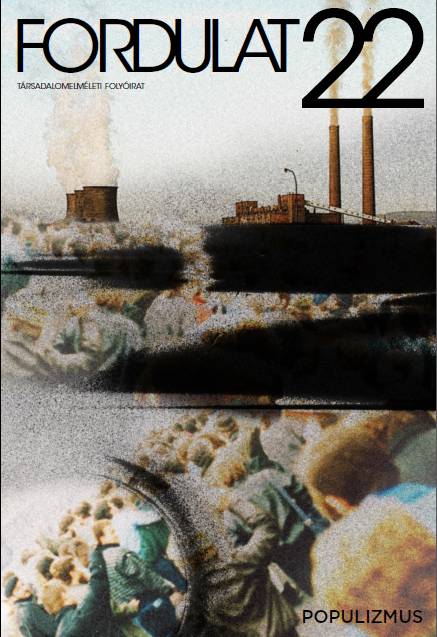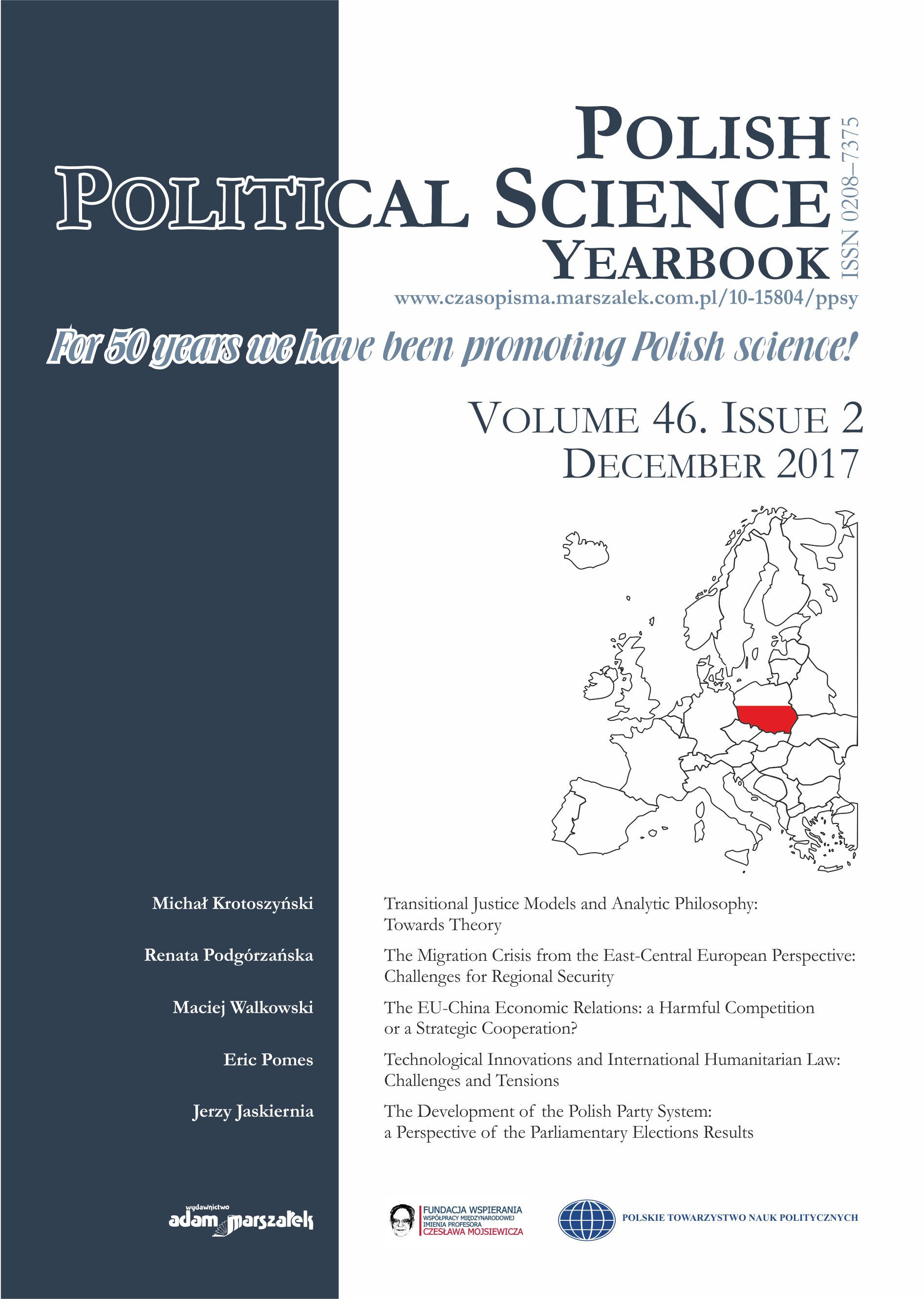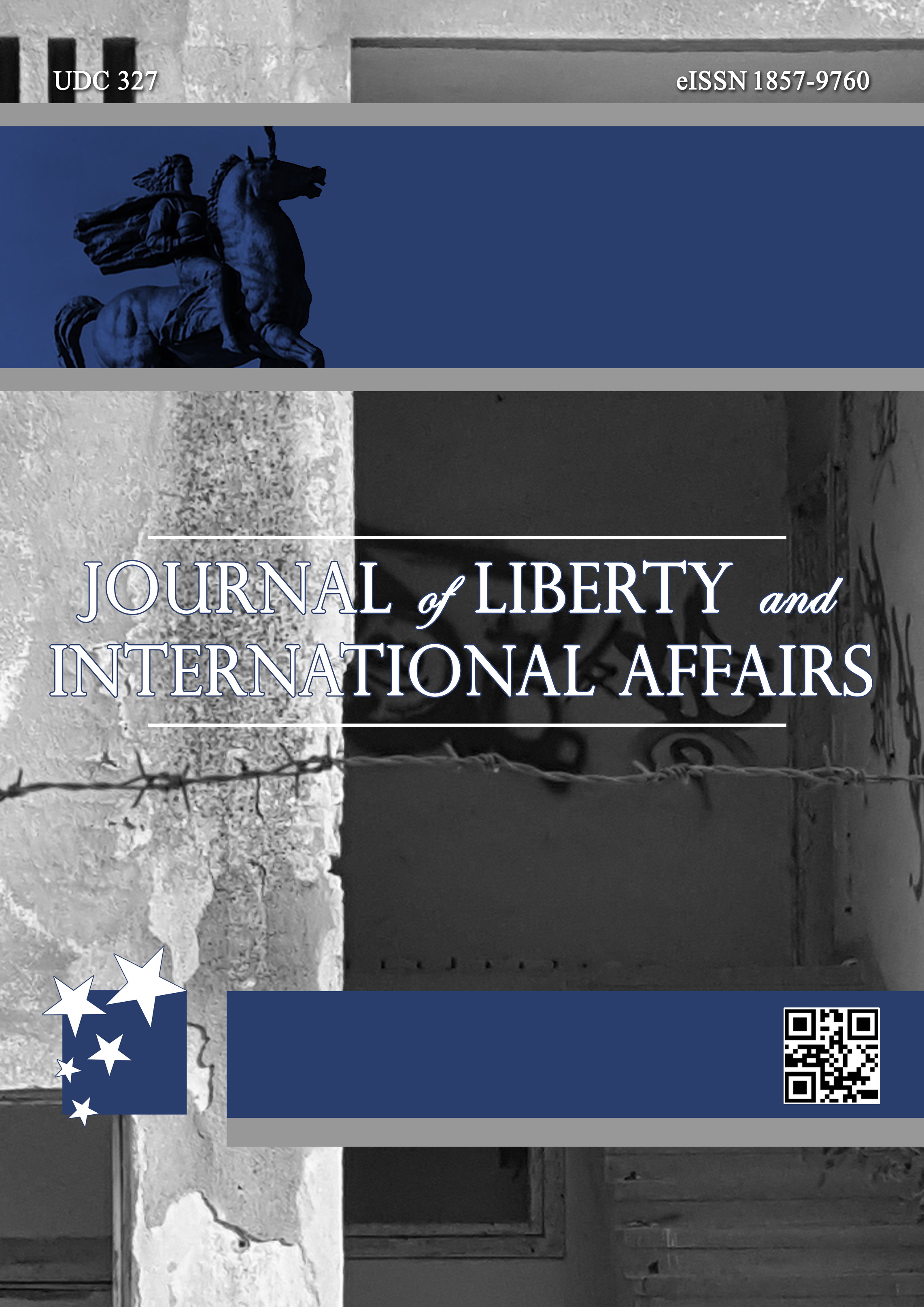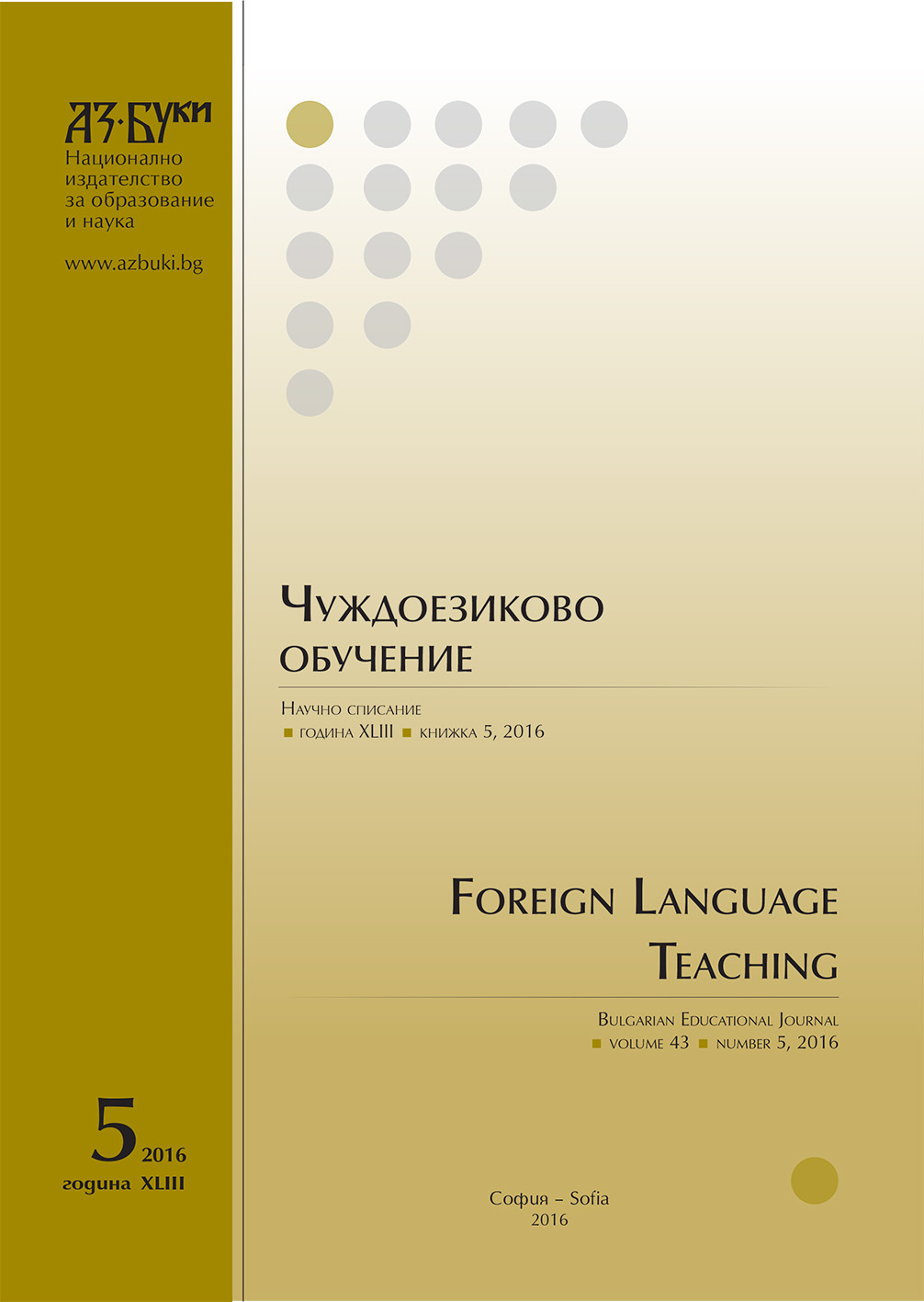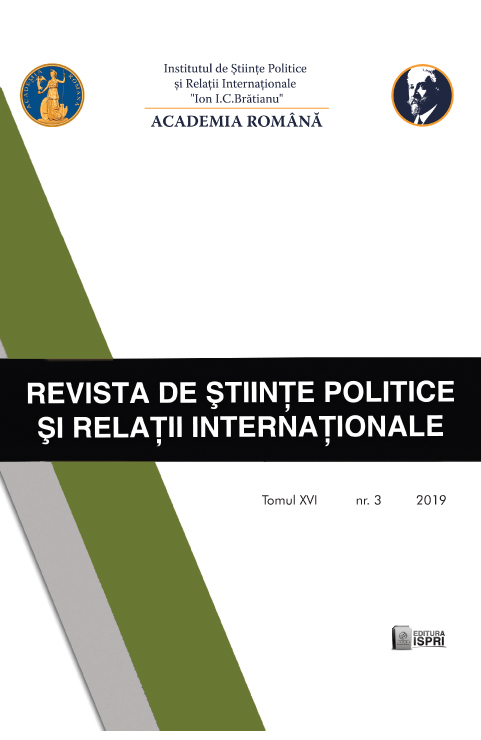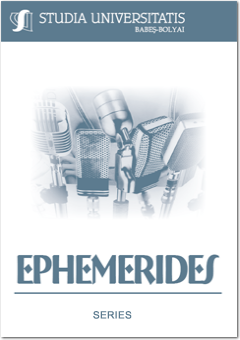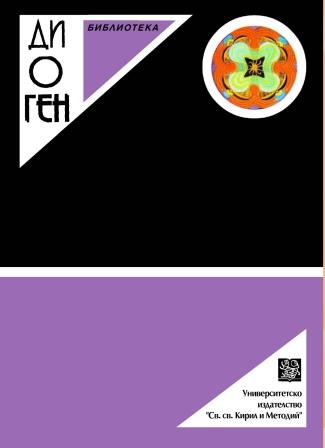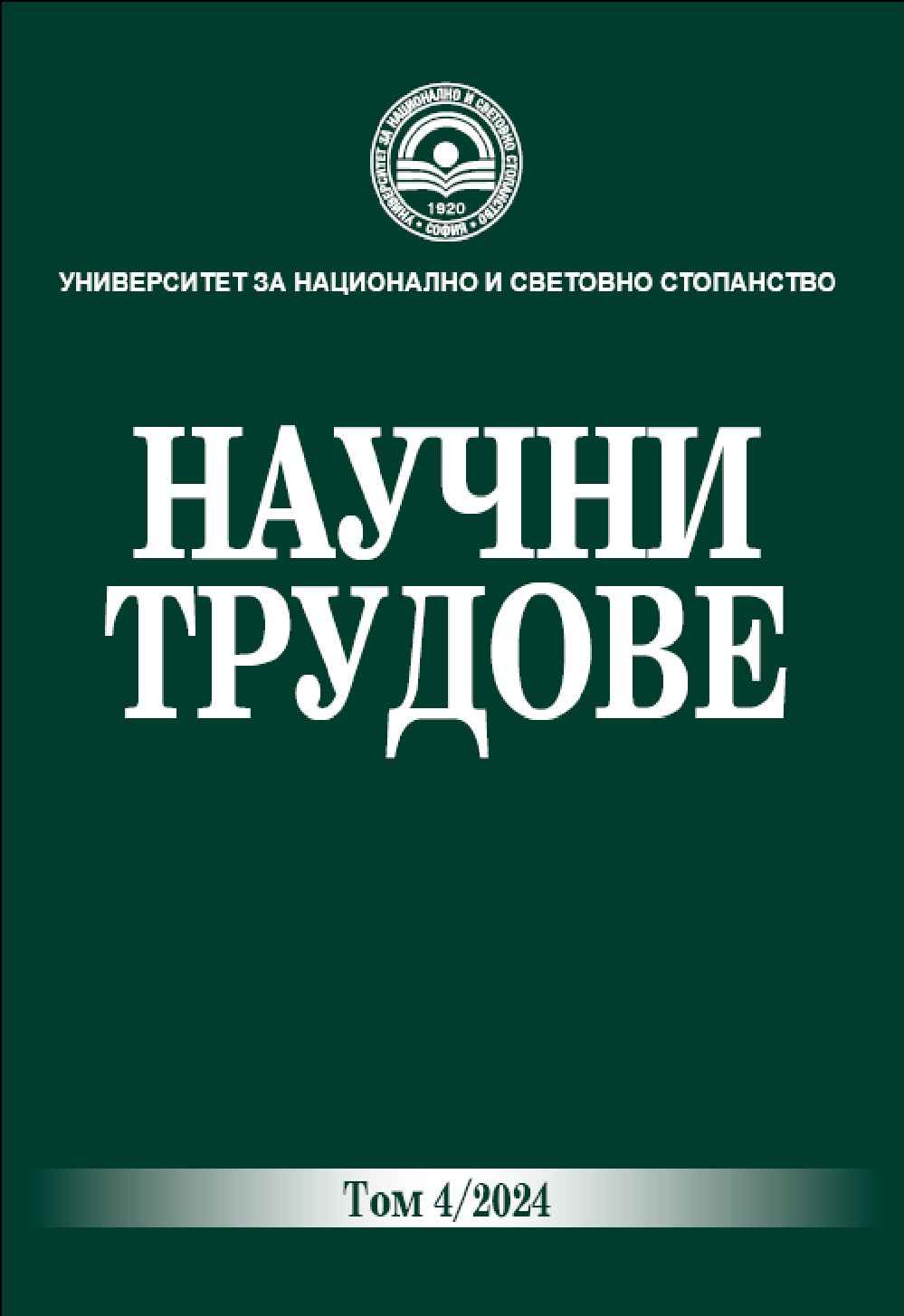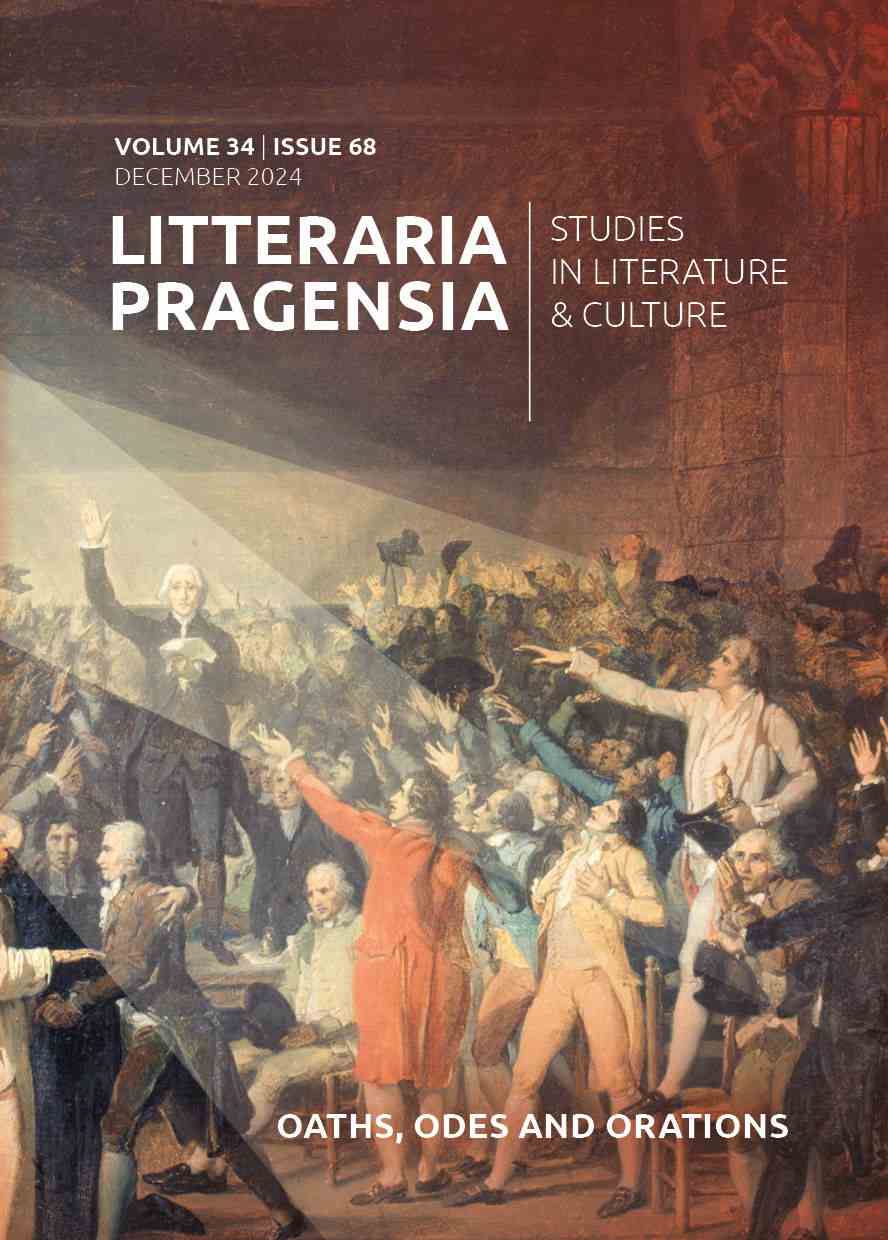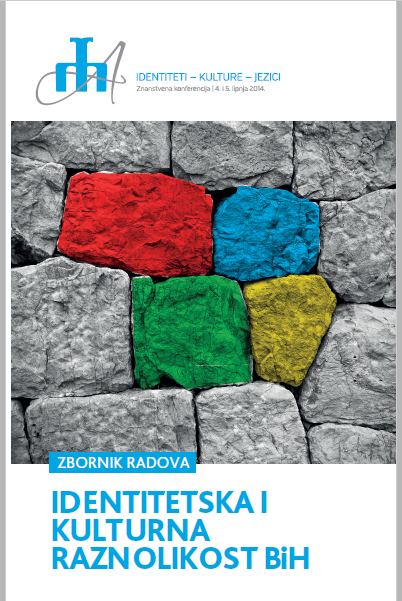
OKOVI DEMOKRACIJE U BOSNI I HERCEGOVINI
This article gives a short overview of democracy from its beginnings till the 20th century, when it became accepted as the most desirable social invention. Some theoretical contributions to the development of democracy are stated, especially the reformatory ideas of John Stuart Mill about society, state and its organization. Mill argues that democracy is the most suitable form of government because it can ensure equal life opportunities for all, order and progress. The paper also focuses on the issue of crisis of democracy and its paradoxes in mature democracies of the capitalist West and also on the beginnings of democracy in the socialist East. A special emphasis is put on establishment and development of democracy in a multinational state such as Bosnia and Herzegovina. In BiH the democratic experience is relatively short and is often frustrating, because the state is still unstable and burdened with many problems from closer and further history which slow down the democratic process and a functional establishment of democratic order. Importance and inextricable connection of political culture, democratic education, and civil society with democracy is also emphasized. It is also noted that these phenomena are undeveloped, neglected or marginalized in Bosnia and Herzegovina.
More...
